Students are set to vote Feb. 22 on a campuswide referendum that proposes reforms to the Georgetown University Student Association senate, including proposals to elect senators by class year instead of by geographic districts and to move elections for nonfreshman senators to April instead of the fall.
The referendum consists of two questions, the first regarding the proposed reforms to the senate. The second question seeks to codify several protections for student participation in GUSA, including protections for citizenship, gender identity or expression, ability or disability and any characteristics protected under federal or Washington, D.C. law. The Code of Student Conduct and the Student Organization Standards include similar protections, but the referendum poses to revise the language in the GUSA Constitution.
To pass, the referendum needs a two-thirds margin of support and the support of at least 25 percent of the student body overall. The GUSA Election Commission plans to publicize the referendum and administer voting through HoyaLink, according to GUSA Election Commissioner Grady Willard (SFS ’18).
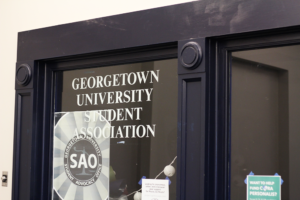
Students are set to vote on a referendum to restructure the Georgetown University Student Association senate, the third such referendum in two years.
A bill to put the referendum on the ballot passed with 23 senators voting in favor of the bill, two voting against and one abstaining.
The referendum is largely identical to one held last spring, which failed to pass because it did not reach the voting threshold. GUSA Senate Speaker Ben Baldwin (SFS ’19) anticipates higher rates of student voting this year, as the referendum is set to take place on the same day as the GUSA executive election rather than over a three-day period.
Last spring’s referendum came on the heels of a December 2016 referendum to dramatically restructure GUSA’s legislative body, which received enough votes to pass but was invalidated by the GUSA Constitutional Council.
The new system would better serve the student body, because students’ interests more closely align with their class year rather than where they live, according to Baldwin.
“The issues that a sophomore or junior face have more to do with major selection, meal plans, their academic futures, or any number of other issues regardless of whether they live in McCarthy or Alumni Square,” Baldwin wrote in an email to The Hoya.
Class-based elections would also improve senators’ accountability to constituents, according to Baldwin.
“Frankly, under our current system, Senators are not accountable to the students they represent because they most likely will not be living in the same geographic district for more than one year and students cannot vote a second time on whether their Senator fulfilled their promises,” Baldwin wrote.
GUSA senators Sean Lerner (SFS ’20) and Nick Zeffiro (SFS ’18) opposed the bill to hold the referendum.
“If there were any lessons learned from last year’s GUSA Senate, it was that reorganizing referendums are a potentially embarrassing waste of time,” Lerner wrote in an email to The Hoya. “I came into the year confident that this year’s GUSA Senate would be able to achieve real goals, and that senators would keep their promise of ‘no more referendums’ that many came into the year with. Clearly, this didn’t happen.”
Zeffiro said he opposed the referendum because his constituents, off-campus students, are more interested in social change on campus rather than electoral reform.
“Consider my nay more of a symbolic gesture that GUSA should be spending more of its time on enacting change and social progress on campus (issues seniors care about), and less time on constitutional referendums to modify election districts and timelines (issues seniors do not care about),” Zeffiro wrote in an email to The Hoya.
Electoral scheduling changes for the senate would foster better cooperation between the senate and the GUSA executive, GUSA Senate Vice Speaker Sylvia Levy (SFS ’18) said.
“Moving the majority of Senate elections to April will increase cohesion between the Executive branch and the Senate — members of both will be able to closely work with one another starting over the summer and through the academic year,” Levy wrote in an email to The Hoya.
Some senators initially expressed concern about isolating freshmen elections, according to GUSA Senator Madison Alvarez (SFS ’21). However Alvarez said mentorship between senators would facilitate the transition should the referendum pass.
“A lot of people are new. Between that and the fact that everybody bonds really quickly, we decided it would be worth it to have the upperclassmen start planning over the summer,” Alvarez said. “As long as the upperclassmen step up and mentor the freshmen, it really shouldn’t be a disconnect between these two groups.”
Levy said changes to the senate election cycle will create a more inclusive environment.
“The stress of the month of September prevents students who would otherwise have considered running for GUSA Senate from doing so,” Levy wrote. “If this referendum succeeds, it will give students much more time to prepare for elections, and it will give GUSA itself more time to reach out to members of different communities on campus that are historically disconnected from student government and encourage them to run.”
Baldwin said these changes would result in a more representative, accountable and hard-working senate.
“I want to see a system that rewards Senators for the work they accomplish and removes those that either contribute little or participate in the Senate to pad their resumes,” Baldwin wrote. “I know the student body is frustrated with what they perceive as an ineffective, wasteful, or petty body, so I hope that they vote to change the system.”≠








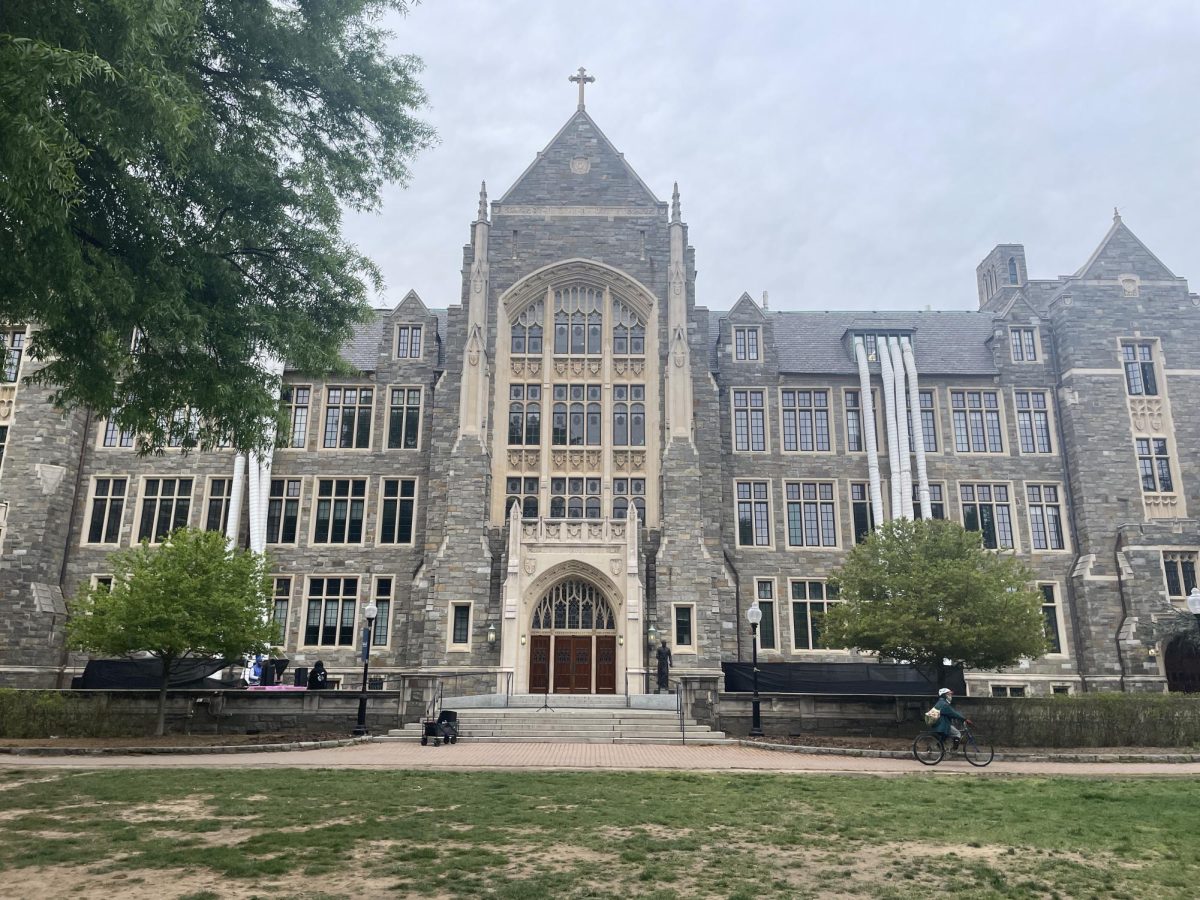

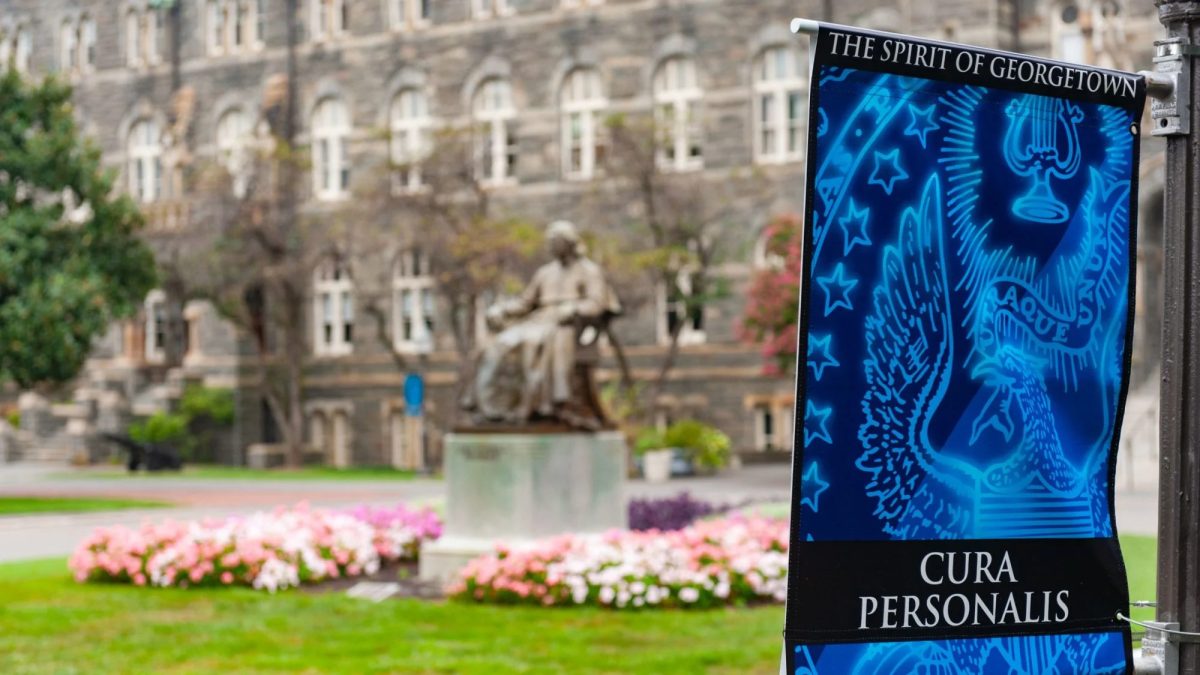
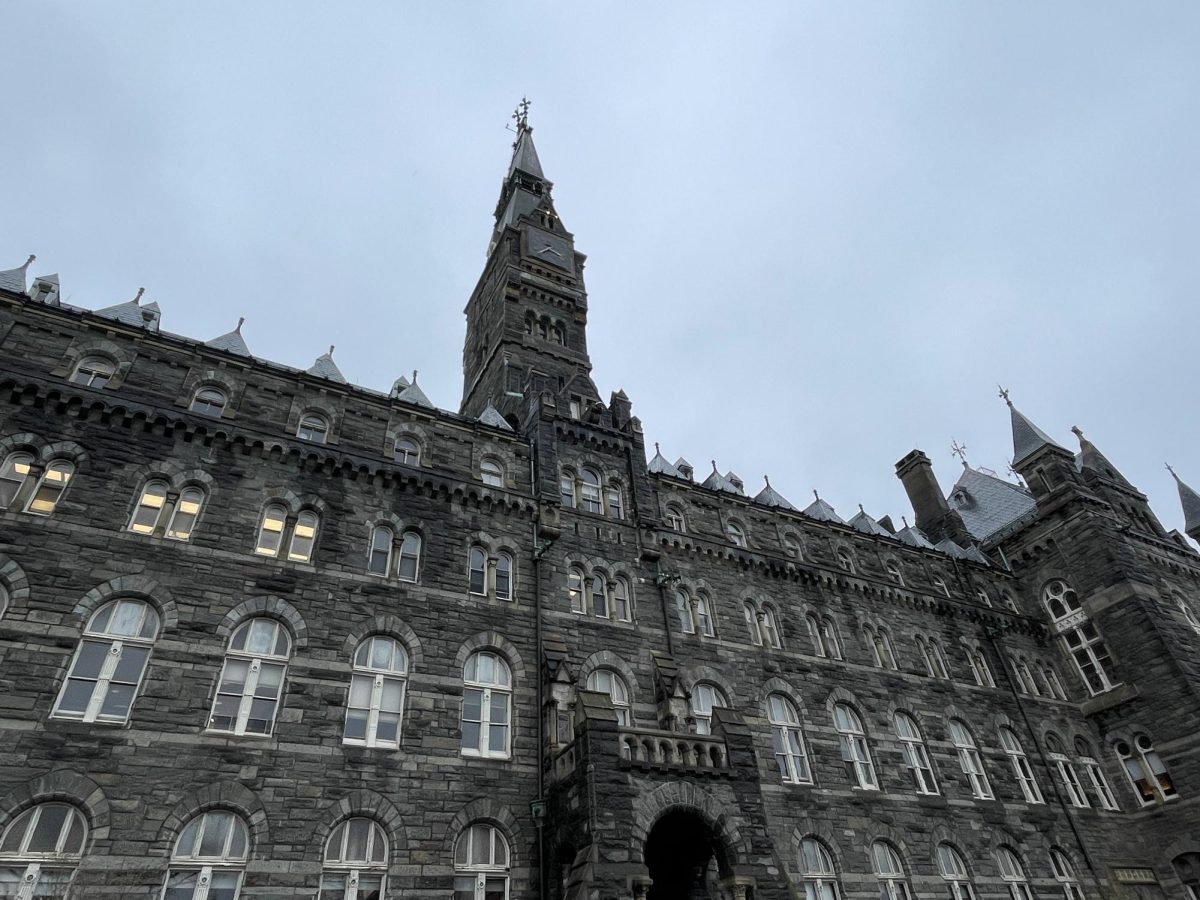





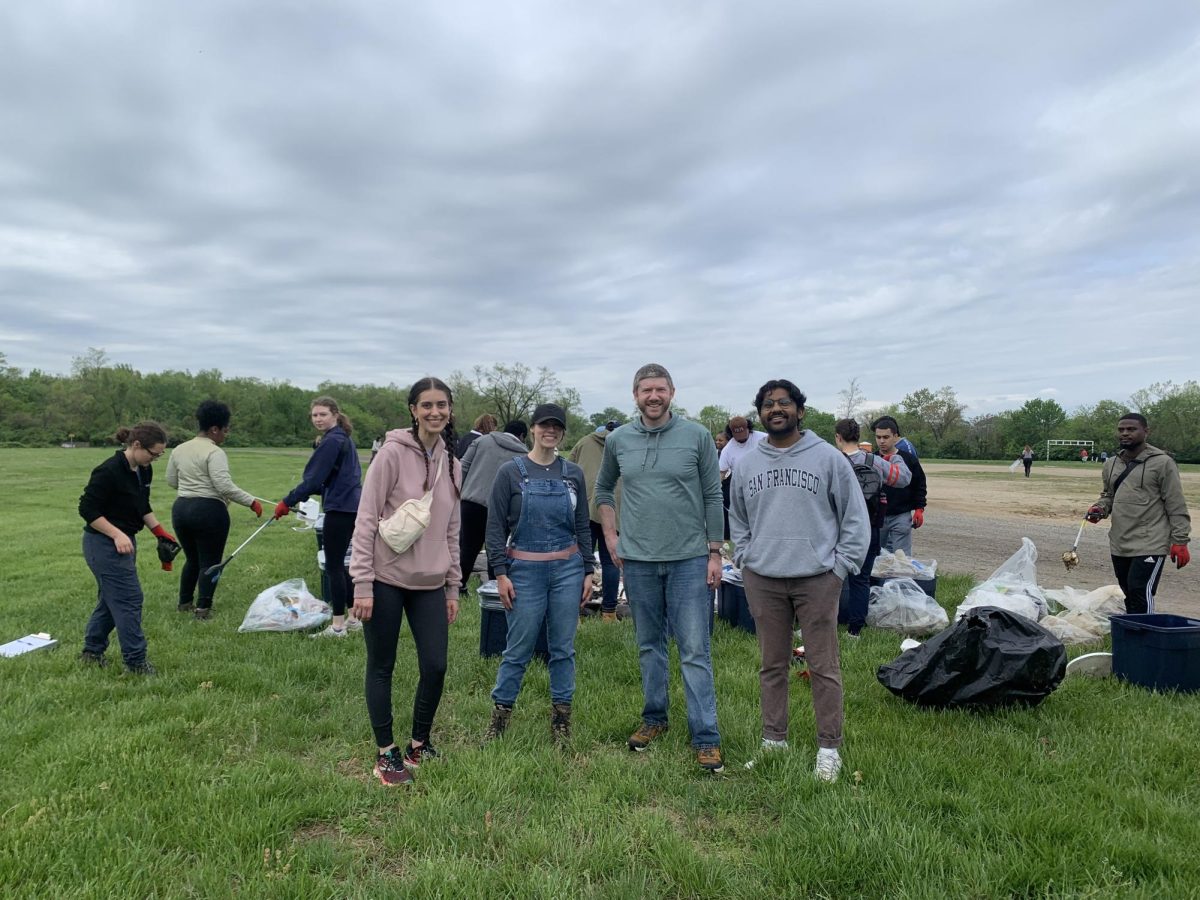

Chicken Madness • Feb 1, 2018 at 5:09 pm
Sad!